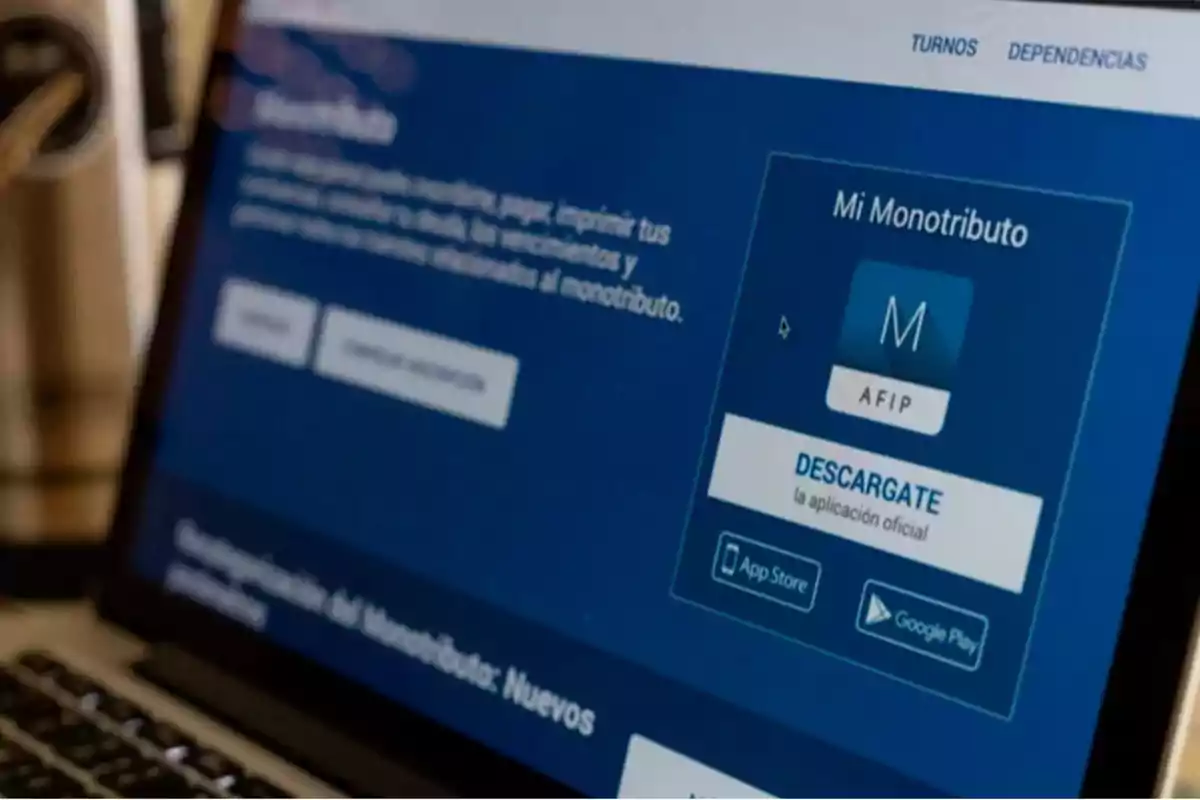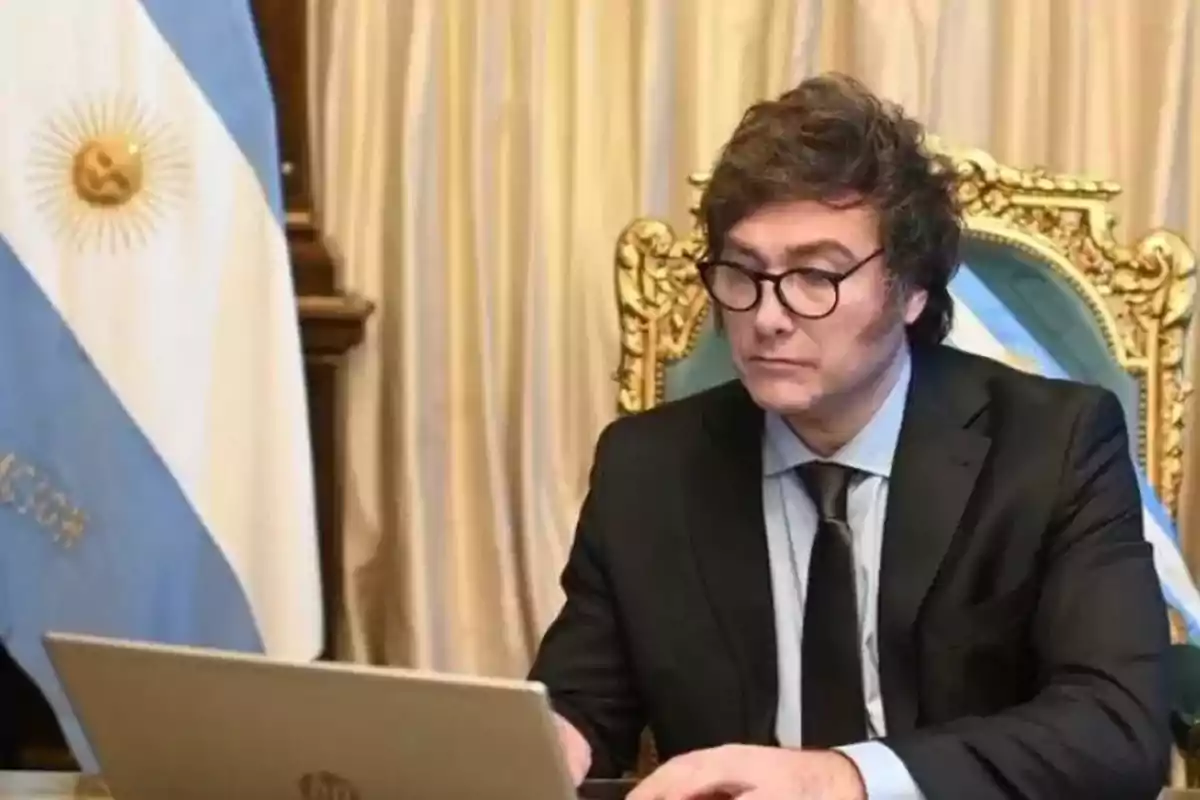
Social Monotax: The Government eliminated more than 400,000 irregular registrations
406,000 registrants who didn't meet the system's requirements were removed
In the framework of greater transparency and efficiency in resource allocation, the Government of Javier Milei implemented a re-registration in the Social Monotax, which allowed detecting and deregistering 406,000 enrollees who did not meet the system's requirements.
The registry was reduced from 673,000 to 267,000 beneficiaries after this process, which ended the indiscriminate allocation of benefits to people who did not need them.
One of the main changes introduced was the elimination of the total subsidy for social security, requiring holders to pay 50% of the contribution for both themselves and their dependents. Until now, this cost was fully covered by the State, allowing thousands of people to access coverage without making any contribution.

Resolution 630/2024 of the Ministry of Human Capital established that enrollees will remain exempt from paying the integrated amount of the monotax, but now they must cover part of the cost of social security, ensuring that those who truly need the coverage can access it without abuse.
The report from the Secretariat of Labor did not specify how many of those deregistered were fraudulent cases, but analysts agree that the number reveals a serious distortion in the system.
The measure seeks to correct the indiscriminate distribution of benefits and ensure that State resources reach those who truly need them, avoiding unnecessary subsidies that harm the country's fiscal balance.

The Social Monotax is a key tool for labor formalization and access to essential services, but in recent years it had been used as a resource allocation mechanism without proper controls.
With this reform, Milei's Government reaffirms its commitment to the responsible administration of public funds, ensuring that the State ceases to be an instrument of patronage and corruption.
More posts: